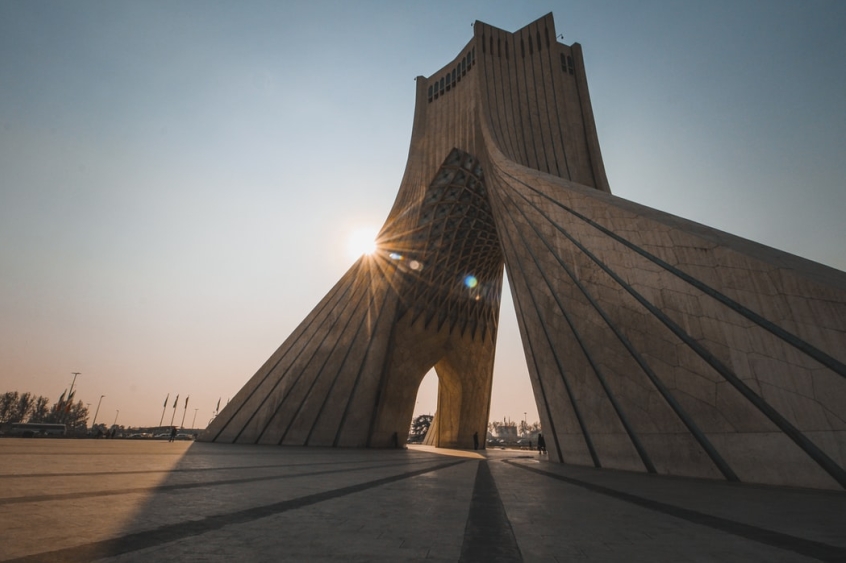
The Supreme Court of Iran has ruled that belonging to a house church does not make Christians "enemies of the state".
The decision was passed down last month in the case of nine Christian converts serving five-year sentences for attending house churches.
They were imprisoned for "acting against national security" - a common charge used to imprison Christians in Iran.
In a decision handed down on 3 November, the Iranian Supreme Court said the converts should not have been charged with this because their involvement in house churches or promoting Christianity does not amount to acting against national security.
"Merely preaching Christianity, and promoting the 'Evangelical Zionist sect', both of which apparently means propagating Christianity through family gatherings [house-churches] is not a manifestation of gathering and collusion to disrupt the security of the country, whether internally or externally," the Supreme Court said.
The ruling went on to state that forming house churches was not a breach of Articles 498 and 499 of the Islamic Penal Code, which relates to involvement in "anti-state groups".
Open Doors said the ruling on the two Articles was "significant" because they were used to convict the more than 20 Christians currently in Iranian prisons over their involvement in house churches.
Open Doors partner and Article 18 advocacy director, Mansour Borji, said the decision had the potential to become a landmark ruling and positively influence future cases against Persian-speaking Iranian Christians.
"We welcome this ruling from the highest court in the land," he said.
"The Supreme Court's ruling should now pave the way for the release of the nine Christians following a retrial at a Revolutionary Court.
"Even more importantly, it will give the Christians – and thousands of others across Iran – hope that they may now be able to worship together in their homes without fear of imprisonment."
He called on Iran to permit Persian-speaking Christians to gather freely to worship without fear of arrest or imprisonment.
Mansour said: "We further call for Persian-speaking Christians to be provided with a specific place of worship, as is their right under both Iran's constitution and the international covenants to which Iran is a signatory, without reservation."













